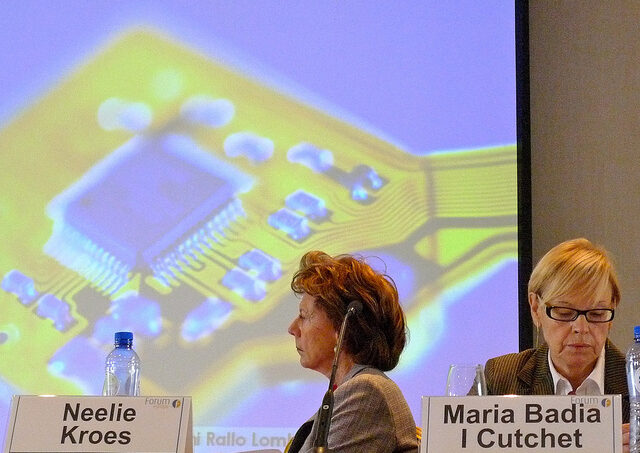David: For our research, we surveyed postgraduate students from all over China who had come to Shanghai to study. We asked them five questions to which they provided mostly rather lengthy answers. Despite them being young university students and being very active online, their answers managed to surprise us. Notably, the young Chinese who took part in our research felt very ambiguous about the Internet and its supposed benefits for individual people in China. They appreciated the greater freedom the Internet offered when compared to offline China, but were very wary of others abusing this freedom to their detriment. Ed: In your paper you note that the opinions of many young people closely mirrored those of the government’s statements about the Internet—in what way? David: In 2010 the government published a White Paper on the Internet in China in which they argued that the main uses of the Internet were for obtaining information, and for communicating with others. In contrast to Euro-American discourses around the Internet as a ‘force for democracy,’ the students’ answers to our questions agreed with the evaluation of the government and did not see the Internet as a place to begin organising politically. The main reason for this—in my opinion—is that young Chinese are not used to discussing ‘politics’, and are mostly focused on pursuing the ‘Chinese dream’: good job, large flat or house, nice car, suitable spouse; usually in that order. Ed: The Chinese Internet has usually been discussed in the West as a ‘force for democracy’—leading to the inevitable relinquishing of control by the Chinese Communist Party. Is this viewpoint hopelessly naive? David: Not naive as such, but both deterministic and limited, as it assumes that the introduction of technology can only have one ‘built-in’ outcome, thus ignoring human agency, and as it pretends that the Chinese Communist Party does not use technology at all. Given the intense involvement of Party and government offices,…
Chinese citizens are being encouraged by the government to engage and complain online. Is the Internet just a space to blow off steam, or is it really capable of ‘changing’ Chinese society, as many have assumed?









